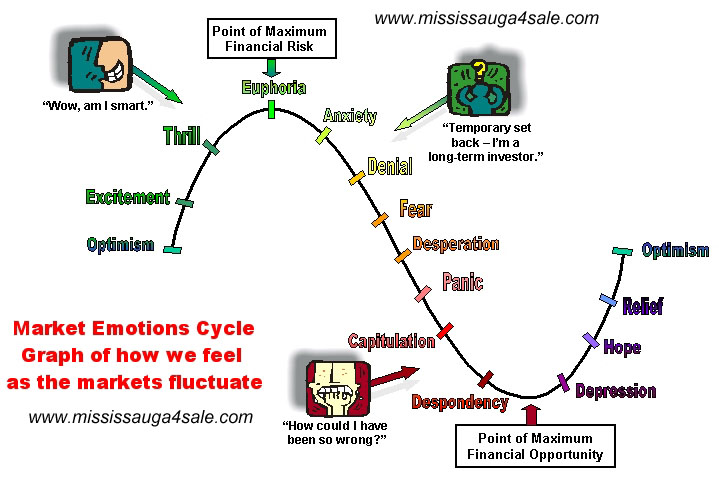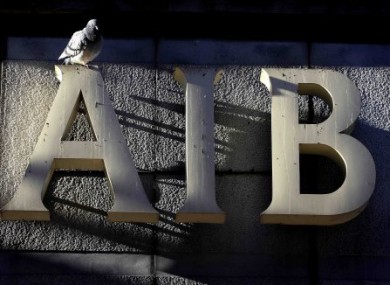If your not familiar with Life Assurance Contracts, your eyes probably glaze over when your confronted with some of the language used, il try and shed some light on some of the policy terms and options available.
Critical Illness/Specified Illness: If you take this option on your life assurance, the company promises to pay a lump sum in the event of you contracting one of the illnesses listed on your policy. This is likely to include heart attack, cancers, organ failure....the list goes on, some companies cover 40+ illnesses. This can be taken out as a stand alone policy or can be included with the decreasing/level/whole of life type policies described in other posts. Critical Illness can be expensive as you are more likely to claim for a critical illness then to die during any particular period of time. If you include 'CI' in your life policy you will have the option to have it 'accelarated' or 'double cover'. Accelerated is cheaper as it means that if you claim on your CI, your life cover will be reduced by that amount. If you have 200k life and
double cover critical illness policy, then you can claim 200k on your CI and there can be a further 200k paid out in the event of death.
Children's Life or Critical Illness: This is usually a complimentary added benefit to all policies, it will pay out a nominal sum in the event of the death of a child (6mths to 18 years) or if they contract a listed critical illness.
Hospital Cash: If you
are hospitalised this benefit promises to pay you a set amount each day, eg €65, that you are in hospital. There will be a deferral period, ie you must be in hospital for 3/7 days before the payments will begin. There is also a upper limit on how many days in any year they will pay out on.
Surgical Cash: If you undergo surgery this will pay out a fixed amount, minor and major surgeries will be paid different amounts.
Sum Assured: This is the amount you are covered for.
Indexation: The ability to increase your life cover annually without medical evidence, usually 3% or 5%. Your premium will increase by a bigger % than the increase in cover.
Guaranteed Increase Option: This can be offered at regular periods whereby you have the option to increase your cover by say 20% without evidence of health. Your premium will increase by a bigger % than the increase in cover.
Premium: This is amount you pay for your cover, it can be paid monthly, quarterly or annually.
Life Assured: The person(s) who are covered on the policy. The life assured does not have to be the policy owner, ie a husband can own a policy that would pay out in the event of the death of his wife.
Deed of Assignment: The document that a lender will send to a life company to assume a hold over a policy, usually connected to a mortgage/loan.
Letter of no further interest: Confirmation from a lender that they are releasing their interest in a policy, usually only when a mortgage/loan has been cleared.
Exit Tax: Levied at 30% on any 'profits' made through a investment with a life assurance company.
Early Encashment Penalty: Levied by the life company to discourage cashing a policy in earlier than agreed.
Exclusion: Where a life company will cover you for critical illness or income protection but will exclude certain claims if they are related to a pre existing condition illness, eg back problems, mental heatlh problems in the past.
Special Terms: Where a life company will cover you for life/criticall illness but you will have to pay a higher premium due to a risk that you pose to them. Eg over weight/previous poor health.
Proposal Form: The form you complete to apply for a policy.
Underwriting: The process of assessing risk.
Market Value Adjustment: A reduction in the value of funds held within a 'with profit' fund to reflect the true market value. This is done to prevent 'profit taking' at the expense of existing policy holders.
FS































